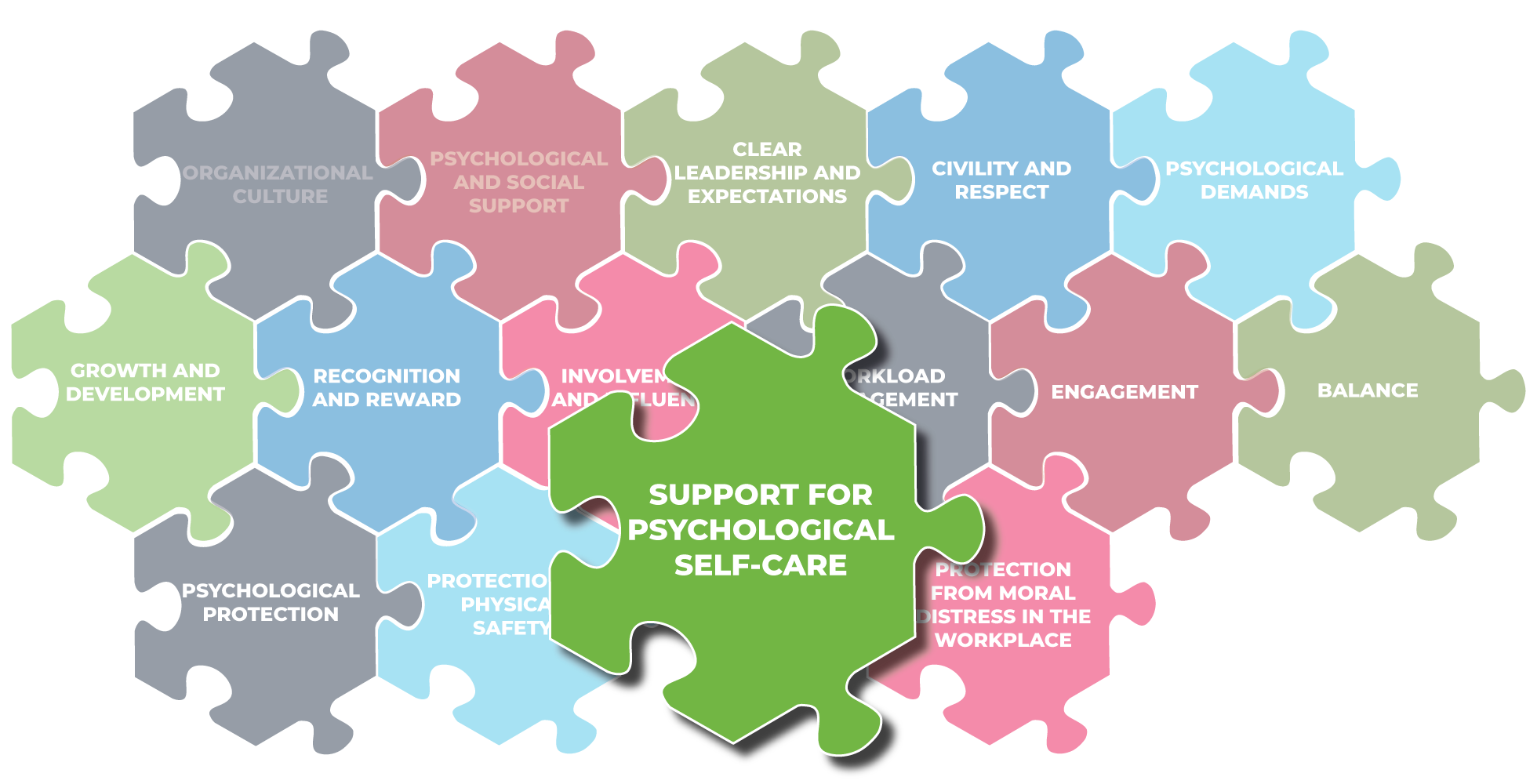Get outside and move
Research shows that outdoor or nature-based activity provides extra mental health benefits.

A healthcare workplace where staff are encouraged to care for their psychological health and safety.

A healthcare workplace where staff are encouraged to care for their psychological health and safety.
Research shows that outdoor or nature-based activity provides extra mental health benefits.
Silence at work is rarely just a lack of words; it’s a signal. When people feel unsafe, they do not stop talking because they have nothing to say. They stop talking because expressing their thoughts...
It often starts small. A co-worker cuts you off during a report. Someone ignores your “good morning.” A team member sends a blunt message with no context. It’s not as obvious as yelling or name-calling,...
Self-talk is the inner dialogue that shapes how we see ourselves, especially in moments of stress or challenge.
Why psychological safety matters in care work Being a care worker means your work is more than a job. It is personal and meaningful. You build trust with the people you care for. You support...
When was the last time you truly listened to what your emotions were trying to tell you? In a world that often encourages us to push through, power past, or simply ignore our feelings, we're...
You wouldn’t skip meals for days and expect to feel strong, yet we often go weeks, even months, without attending to our emotional needs. People hear about working long hours, facing overwhelming demands, and experiencing...
Some injuries don't leave a mark, but they change how you show up, how you cope, and how long you can keep going. Psychological injury is often overlooked, but for many workers, it's quietly reshaping...
Breathing is something we all do, all day, every day—and that’s what makes it such a powerful self-care tool.
We're all told to practice gratitude, but it can feel impossible to find anything to be thankful for when life gets overwhelming. Genuine gratitude doesn't mean ignoring your struggles or forcing a smile when things...